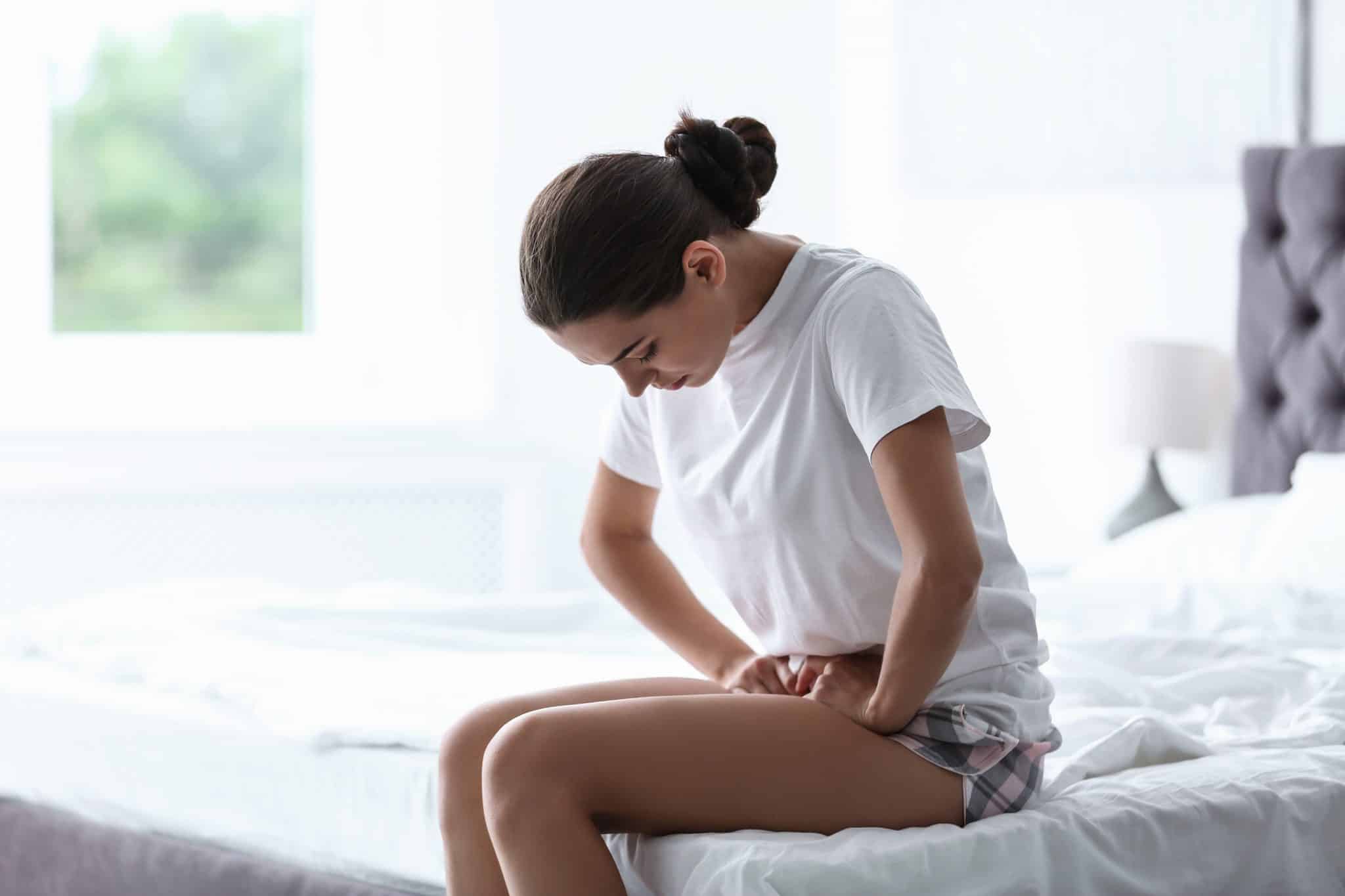Sexual dysfunction in women is often shown as vaginal discomfort, which goes by many names, including vulval pain, vaginismus, and dyspareunia.
When a woman has vaginal pain, it affects the quality and amount of her sexual activity, causing her to have a low libido and lack of sexual desire. If you suffer from vaginal pain, you may fear pain during sex and avoid intimacy. You may also struggle with self-esteem issues, have relationship problems, and experience difficulties in everyday life.
Psychosexual therapy can help you address your issues and resolve sex-related problems in a confidential and secure environment.
However, let’s look at the differences between these conditions to help you understand the origin and nature of your vaginal pain.

What is on this page
Vulvodynia
Vulvodynia is a persistent discomfort or soreness around the vulva (vaginal opening) that makes sitting or having sex quite unpleasant. The pain might be occasional or constant and accompanied by sensations of soreness, burning, itching, throbbing, or stinging.
Vaginismus
If it’s hard or impossible for you to get penetrated, you might have vaginismus, which is a pain caused by sexual activity. If you have vaginismus, your pelvic floor muscles spasm every time you try to have sex. You have no control over these spasms that narrow the lower vagina, making penetration difficult or even impossible.
If you have vaginismus, using tampons or menstrual cups could be painful. At the same time, cervical exams and tests could be extremely painful or impossible to do.
Dyspareunia
Dyspareunia involves persistent or recurrent genital pain caused by sexual activity. This pain can occur before, during, or after sex.
Both primary (continuous pain during sexual activity) and secondary (occurs after a period of pain-free sex) dyspareunia are possible.
If you have vaginismus and dyspareunia for at least six months, you may have genito-pelvic pain/penetration disorder (GPPPD). A number of physical and psychological symptoms can cause GPPPD.
Who is Affected?
One in five women feels uncomfortable while having sex, and one in four women have constant pelvic pain. Women between the ages of 20 and 45 are most likely to have vaginal and vulval pain. However, women outside this age range may also be affected.
Consult your doctor if you are experiencing any form of sexual discomfort. If your problem results from a medical condition, you may be referred to a gynaecologist, who may help you treat the underlying cause.
Another option is psychosexual therapy, either alone or with your partner.

How Psychosexual Therapy at the Leone Center Can Help with Vaginal Pain
Vaginal or vulval pain can impact every aspect of your life and your well-being in general. If you suffer from sexual discomfort or have difficulty during penetration, it may be challenging to enjoy intimacy, go to a gynaecologist, or use tampons. You may become anxious, irritable, depressed, or insecure.
Getting appropriate help from health experts can make a real difference.
Even with a therapist, many women are uncomfortable discussing their sex lives. However, BACP and UKCP registered counsellors at Leone Centre will offer non-judgmental support and a safe environment to resolve your problems.
Psychosexual therapy at the Leone Centre can be a great place to address the factors that may have contributed to vaginal pain. These factors may include the following:
• Anxiety
• Negative feelings about sex due to previous abuse or childhood trauma
• Body image issues
• Differences in sexual desire
• A lack of communication in the relationship
• Cultural or religious perspectives on sexuality
• Sociocultural factors such as lack of sexual education
• Childbirth issues and medical concerns that cause genito-pelvic pain
Your psychosexual therapist can help you learn and practise relaxation strategies to decrease stress and anxiety. You may also learn methods for communicating with your spouse and perform some inner-child work to address childhood trauma.
You can go to psychosexual therapy sessions alone or with a partner, and they are kept in strict confidence.

What to Expect at Your Initial Psychosexual Therapy Session at the Leone Centre
During your first appointment with your psychosexual counsellor at the Leone Centre, you can expect them to ask you a lot of questions to figure out if your painful sex is caused by psychological, physical factors or a mix of both.
You will also have the opportunity to ask questions, discuss therapeutic boundaries, and clarify your therapy goals.
All psychosexual therapists at the Leone Centre are BACP or UKCP and COSRT-registered.

